By: Kara Chuang
It is no secret how tragically Americans have been affected by the COVID-19 pandemic. It is less known, however, how disproportionally the virus has affected people of color and people who experience health inequities such as socioeconomic status and access to health care. As of today, there have been 7.74 million cases and 214 thousand deaths in America. Compared to white non-Hispanic persons, people who identify as American Indian/Alaska Native, Asian, African American, and Hispanic are 5.3, 1.3, 4.7, and 4.6 times more likely to get hospitalized due to COVID-19, respectively. Taking a look at the U.S. economy, it is estimated that more than 100K small businesses have closed their doors permanently. Racial disparities have also played a role here, as 41%, 32%, and 26% of Black, Hispanic, and Asian-owned businesses have shut down due to the pandemic, respectively, compared to 17% of white businesses.
As I type, more and more people are experiencing unemployment, struggling to feed their families, and wondering how they’re going to pay their next bills. Some of these people could be right next door. A well-tested vaccine that is accessible to all demographics is vital in returning to "normal life" and bringing businesses and national morale up, but in the meantime it’s important to help our communities if we can. With that being said, I implore you to actively look for ways to volunteer in a safe and healthy way, because America needs it now more than ever.
If you can safely do so and have spare time, please consider applying to be a volunteer at local organizations. There are plenty of organizations that could use extra help, many are flexible with whether you’re on or off-campus, in-person or remote. I have listed a few for your consideration below!
Rescuing Leftover Cuisine
49.1 million Americans are food insecure, yet 40% of food ends up in the garbage each year. This amount of food wasted could have served ~58 billion meals at $2.79 per meal. Now, with the pandemic in the equation, both problems have been exacerbated, and the number of food-insecure households has tripled. RLC battles food insecurity by bringing together businesses that have excess food and volunteers who can transport food to people and agencies that need food. From August to mid-September, volunteers have made more than 420 deliveries, about 1,100 meals to families in need!
Mask Cambridge
Here is a list of volunteer opportunities in the Boston area. Currently, they need people for mask deliveries, data entry (all remote), grocery shopping, housing assistance, remote academic tutoring, high school mentoring, video editing, and much more!
Amherst Volunteering Resources
If you’re near Amherst, it might be worthwhile to take a look at local organizations that need help. The town of Amherst needs help with its public schools, senior centers, libraries, museums, etc. You can also help out at the Center for Women and Community, and Survival Center, as they are looking for people to fill a variety of positions.
Volunteer Match
You may look for other volunteering opportunities through this site. You can customize based on location, skills, and other filters!
One of the biggest challenges in the public health communication of this pandemic is controlling the spread of information. People can get their information from a variety of platforms, such as news networks, social media, and other online sources, but it is often difficult to differentiate between scientific facts and misinformation. SARS-CoV-2 is such a new and rapidly evolving virus, making it even more important for you to stay educated and informed on the facts. Below are reliable sources that you may use to increase your knowledge on this pandemic; some are dashboards with quick statistics, others are more informative such as the COVID-19 curriculum and Johns Hopkins Public Health Podcast on Youtube. Be sure to check them out!
Sources
